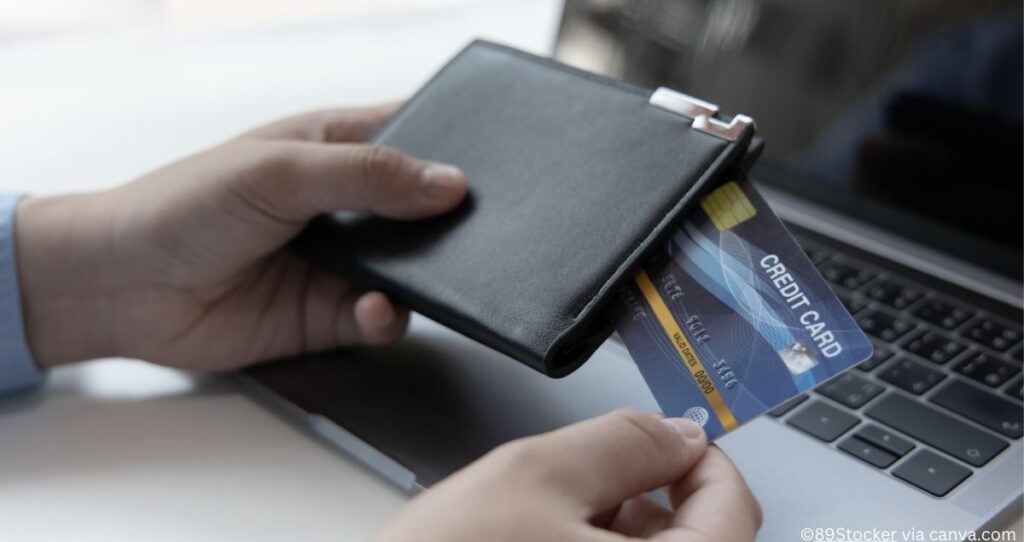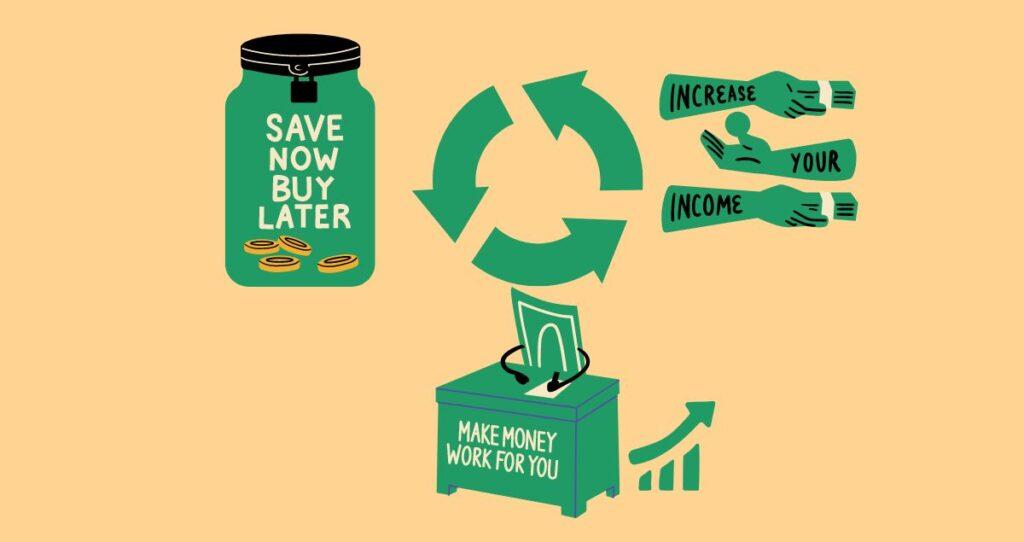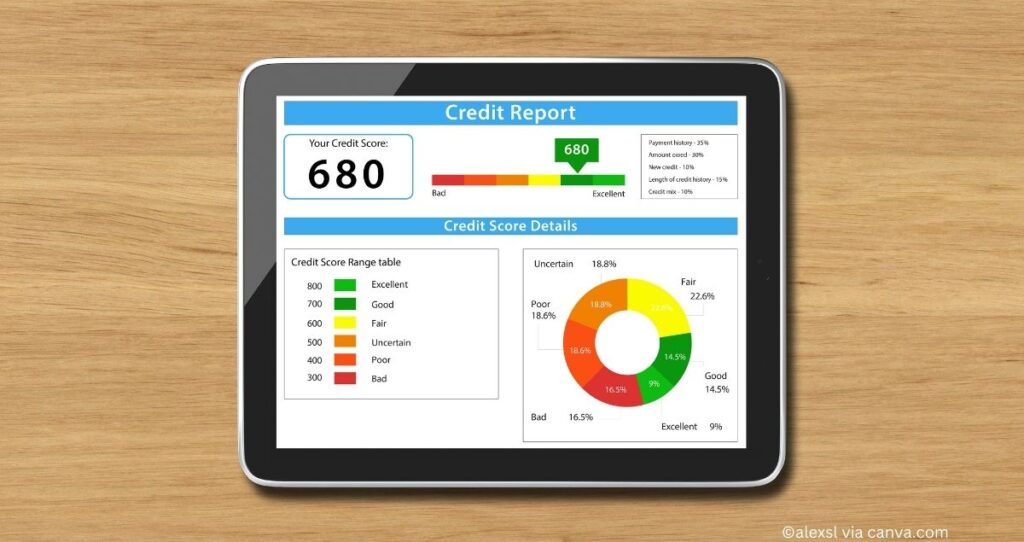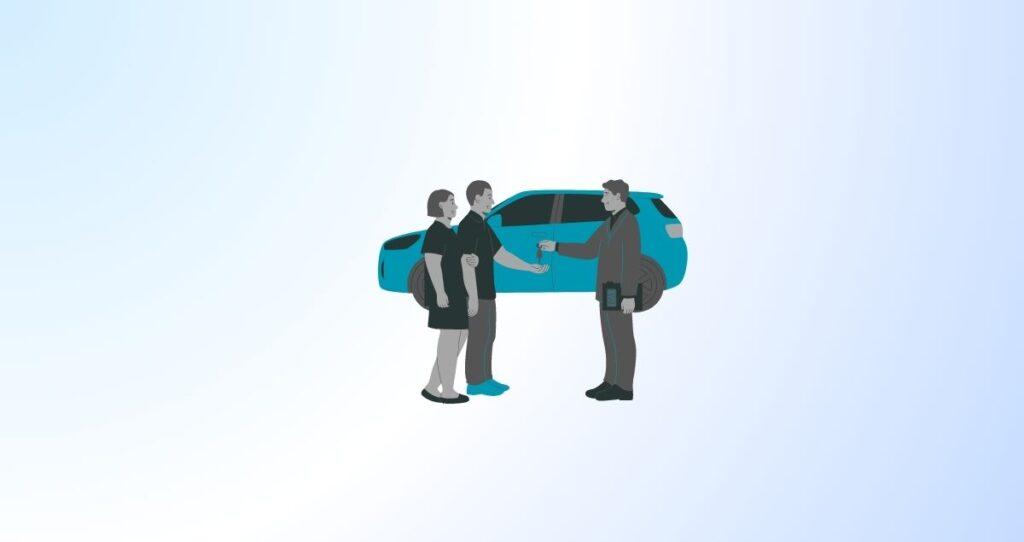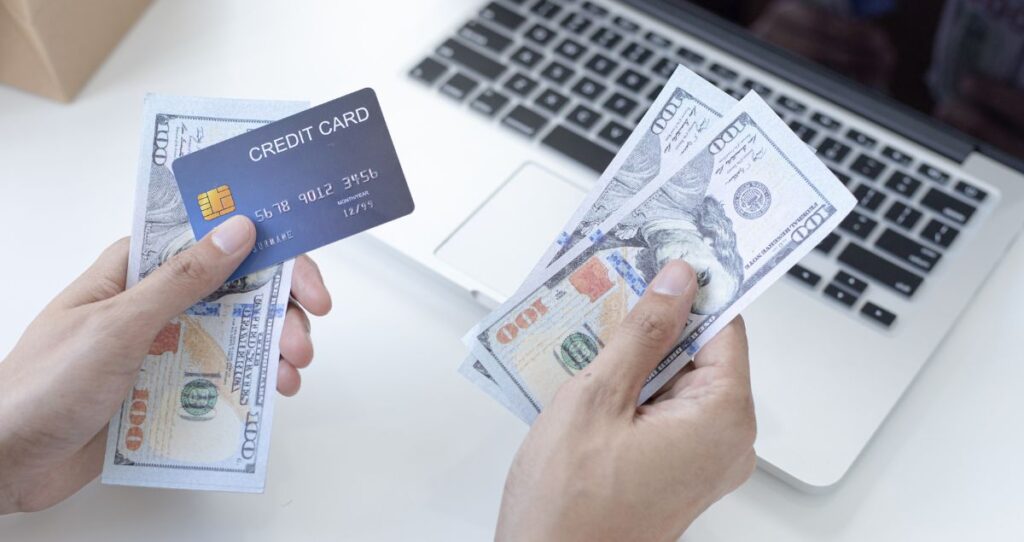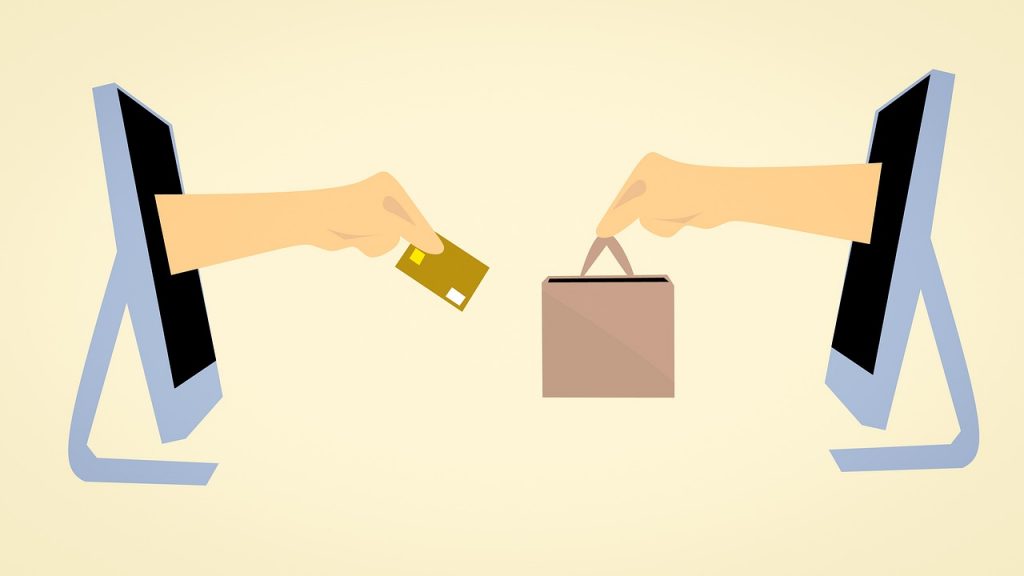Are you looking forward to getting your first credit card or adding to what you already have? While credit cards come with many perks, such as cashback, miles, points, discounts, and bonuses, they are still a form of debt and can grow exponentially due to compounding interest. Before getting a credit card, there are a few things to know to avoid financial difficulties and accumulating debt.
Credit card debts differ from other types of debt due to high and compounding interest. This makes it easy to accumulate credit card debts and easily wreck your credit score. Whether you are a new credit card user or an experienced one, you should be prepared before you submit a credit card application.
If you are just getting started, consider becoming an authorized user of a credit card account. This way, you can build experience and later apply for your account. In this article, I will walk you through the most important things to know before getting a credit card.
Without further ado, let’s get started.
1. Credit cards come with a high interest, known as APR
Before applying for credit cards, you must know that every credit card comes with a high interest rate or APR. APR is the yearly interest charged on the balance you carry on your credit card, including fees. Even if you might get a 0% introductory APR, this promotional APR eventually ends a few months later, usually between 6-12 months, and the card switches to the actual APR.
Why do you need to know about APR before getting a credit card? Credit card APR is among the highest in the lending industry, and compounding it makes it even worse. WalletHub reported that as of November 2024, the average credit card APR is 21.51% on existing accounts, while the APR for new accounts is 23.15%.
Paying such high interest on your credit card balance is financially unwise, given that most consumers don’t use their credit cards for things that add value to their lives. Before getting a credit card, be aware of credit card APRs and plan to minimize your credit card balance. If you don’t plan, you might end up with too much credit card debt and eventually default, decreasing your credit score and hurting your credit.
2. Millions of people are stuck with credit card debts

Another thing to know before getting a credit card is that credit card debts are real, and millions of people are struggling with them. According to CNBC, 47% of Americans have credit card debts, and the average unpaid credit card balance is $7,236, up from $7,130 in the second quarter of 2024, based on a report from LendingTree.
To put these numbers into perspective, carrying $7,236 in credit card debt will cost you $1,556 at the end of the year at the current average credit card APR of 21.51%.
That means your credit card balance will be more than $9,972 at the end of the year, assuming you did not increase the balance from daily spending. This is what makes credit card debts hard to pay off. A simple $10,000 credit card debt can take more than 10 years if you only pay the minimum payment. Know how the APR will affect your financial planning and establish plans to avoid credit card debt before you submit a credit card application.
3. Each credit card has a limited amount you can spend
Yes, there is a limit to how much credit card issuers allow you to spend on your credit card(s). This amount is a credit limit, line of credit, or personal line of credit.
For example, if your credit card has a $2,000 credit limit, you can spend up to $2,000. Once you spend all of it, you can no longer use it until you pay some back. Remember that some credit cards can let you spend more than your credit limit. This is dangerous, and you should not try it.
Since your credit card loan resets as you use it and pay it off, credit card debts are considered revolving debts.
If you use your credit wisely, your lender will increase your limit automatically. You will probably get a notification about the limit increase via email, phone, or another mode of notification you set up in your account. If not, you can learn about it from your online account.
You can also request a credit limit increase. Your credit card issuer will evaluate and approve or deny your request, depending on how you used your previous limit.
4. Before getting a credit card, know that too many credit cards lead to more debt

Having too many credit cards is not always the best idea. Although it helps increase the number of open accounts, which adds value to your credit history, having too many credit cards can lead to more debt. This is probably one of the top things to know before getting a credit card.
Your credit limit will increase as you get more credit cards. A credit limit is the amount each credit card provider allows you to spend on the credit card, which can be increased over time based on how you use the account.
A large credit limit means you have a lot of money to spend. Most people engage in excessive spending and impulse purchases without discipline, thinking they have free money to spend. That is how millions accumulate thousands of dollars in credit card debts.
So, how many credit cards should you have? Over the years, I found that 2 to 3 credit cards are enough for building credit and taking advantage of credit card perks. More than 3 credit cards lead to overspending, while 1 credit card does not help you maximize the benefits you get for using a credit card.
Read more: How many credit cards should you have?
5. You can withdraw cash from a credit card, but it is NOT recommended
Yes. You can withdraw cash from a credit card, but it is not recommended. This process is known as a cash advance, and it comes with a much higher APR than your regular credit card APR and cash advance fees.
Some credit cards have limited debit card-like services. You can withdraw money from a credit card similarly to a debit card. However, the amount you can withdraw is limited as credit card issuers do not want you to increase your credit utilization quickly.
This service is known as a cash advance, and it comes with a high APR and fees ranging from $5 to 10% based on what is higher. Besides, you must pay other related fees associated with the transaction. For example, if you are getting cash from an ATM, you should expect an ATM transaction fee.
Most people get cash from grocery stores as part of their purchase transactions, allowing them to avoid some fees. I would personally advise you never to withdraw cash from your credit card. It is a risky move that can immediately cost you much money.
6. You can build a credit history and raise your credit score with credit cards
Credit history shows all debts you have taken in the past and all activities on the accounts. It includes the amount you borrowed, your lenders, how each was paid, late payments, bankruptcies, foreclosures, etc. Your credit history can also include other activities you conducted with other businesses, such as rental or utility payment history, if these activities are reported to major credit reporting agencies.
Why do you need a credit history before getting a credit card? Building credit and raising credit scores is essential when taking out loans. Credit cards can help you improve your credit without taking on too much debt.
Every financial decision you make with your credit cards is recorded and sent to credit reporting companies (Equifax, Experian, and TransUnion). These companies combine all that information to compile your credit report, which is then used to calculate your credit score.
Having credit cards is like taking out small loans. Your credit card activities will be part of your credit history. The longer your credit history, the better. Lenders use your credit history to evaluate your creditworthiness. This is why you need to know why you will use credit cards as part of the credit-building strategy before you apply for one.
>> Related: Credit Report Overview
7. Each credit card will affect your credit score and credit history

Every credit card activity will reflect on your credit reports and affect your credit score. You should treat each credit card carefully and not violate their terms of service. The more responsibly you use your cards, the better you can build credit.
However, if you don’t manage your credit cards wisely, activities on your cards, such as late payments or higher credit utilization, will drop your credit score and hurt your credit.
8. You can have discounts and perks on certain purchases
Due to competition among credit card issuers, credit cards usually offer discounts and different perks on certain purchases. The most common discounts are:
- Cash backs. Given on gas, shopping, groceries, etc. These discounts are sometimes given when you shop at particular stores such as Amazon, Target, etc.
- Miles and points. Airlines issue miles to their frequent flyers. You can also earn points on certain flights or purchases when you have a credit card that offers points. Points and miles can be used to make other purchases or redeemed for cash.
- Signup bonus. New customers also get sign-up bonuses, and some credit card companies offer more than $200 in sign-up bonuses.
Cashback can be used to buy other products or pay off some of the balance you owe the card issuer. These discounts vary from one lender to another.
9. You can swap a credit card with a high APR for one with a low APR
It is possible to replace a high-APR credit card with a lower APR. This is similar to the mortgage refinancing process.
If you are falling behind on your payments due to a high APR, replace this card with a much lower APR. The new cash issuer will assume responsibility for your unpaid balance and pay your current lender. You will then start making payments on the new card, but the interest will be lower. This process is known as a balance transfer. If you are lucky, you might start with a low APR, such as 0%APR, which will allow you to pay off your debt much faster.
